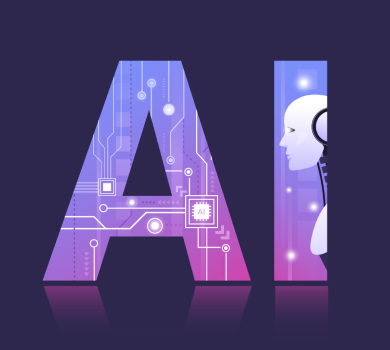AI in 2025: Innovations That Are Reshaping Everyday Life
Artificial Intelligence (AI) has become an integral part of our daily routines, often
operating
behind the scenes to enhance convenience, efficiency, and personalization. In 2025, AI's
influence has expanded even further, introducing groundbreaking technologies that are
transforming how we live and work. Let's explore some of the most recent AI developments
that
are making waves this year.
1. Conversational Search: Google's 'AI Mode'
At the recent Google I/O 2025 event, Google unveiled over 100 AI-driven updates, with a
significant focus on enhancing user interaction. One standout feature is the new "AI
Mode"
in Google Search, which offers a more conversational and intuitive search experience.
This
mode aims to provide users with more direct and contextually relevant answers,
streamlining
the way we access information.
2. Autonomous Coding: Anthropic's Claude Opus 4
Startup Anthropic has introduced its latest AI model, Claude Opus 4, which boasts the
ability
to autonomously write computer code for extended periods. In testing, Claude Opus 4
successfully coded for nearly seven hours, a significant improvement over its
predecessors.
This advancement holds promise for increasing productivity and efficiency in software
development.
3. AI Companions: OpenAI and Jony Ive's Vision
OpenAI, in collaboration with renowned designer Sir Jony Ive, has announced plans to
develop
a new line of AI-powered devices aimed at integrating seamlessly into users' daily
lives.
These screen-free companions are designed to anticipate and respond to user needs,
potentially revolutionizing the way we interact with technology.
4. Sovereign AI: National Investments in AI Infrastructure
Countries worldwide are investing heavily in AI infrastructure, leading to the emergence
of
"sovereign AI." This trend involves nations developing their own AI capabilities to
enhance
autonomy and competitiveness. Companies like Nvidia are at the forefront, providing the
necessary hardware and expertise to support these national initiatives.
5. AI in Mental Health: Early Detection and Support
AI is playing a crucial role in mental health care by enabling early detection and
providing
support through various applications. For instance, AI chatbots like Wysa offer
accessible
mental health assistance, while machine learning algorithms are being developed to
predict
and diagnose conditions such as Parkinson's disease with high accuracy.
Conclusion
The advancements in AI throughout 2025 demonstrate its growing impact on multiple facets
of
our lives. From enhancing how we search for information and write code to offering
companionship and supporting mental health, AI continues to evolve in ways that make our
daily experiences more seamless and enriched. As we embrace these innovations, it's
clear
that AI is not just a technological tool but a transformative force shaping our future.
